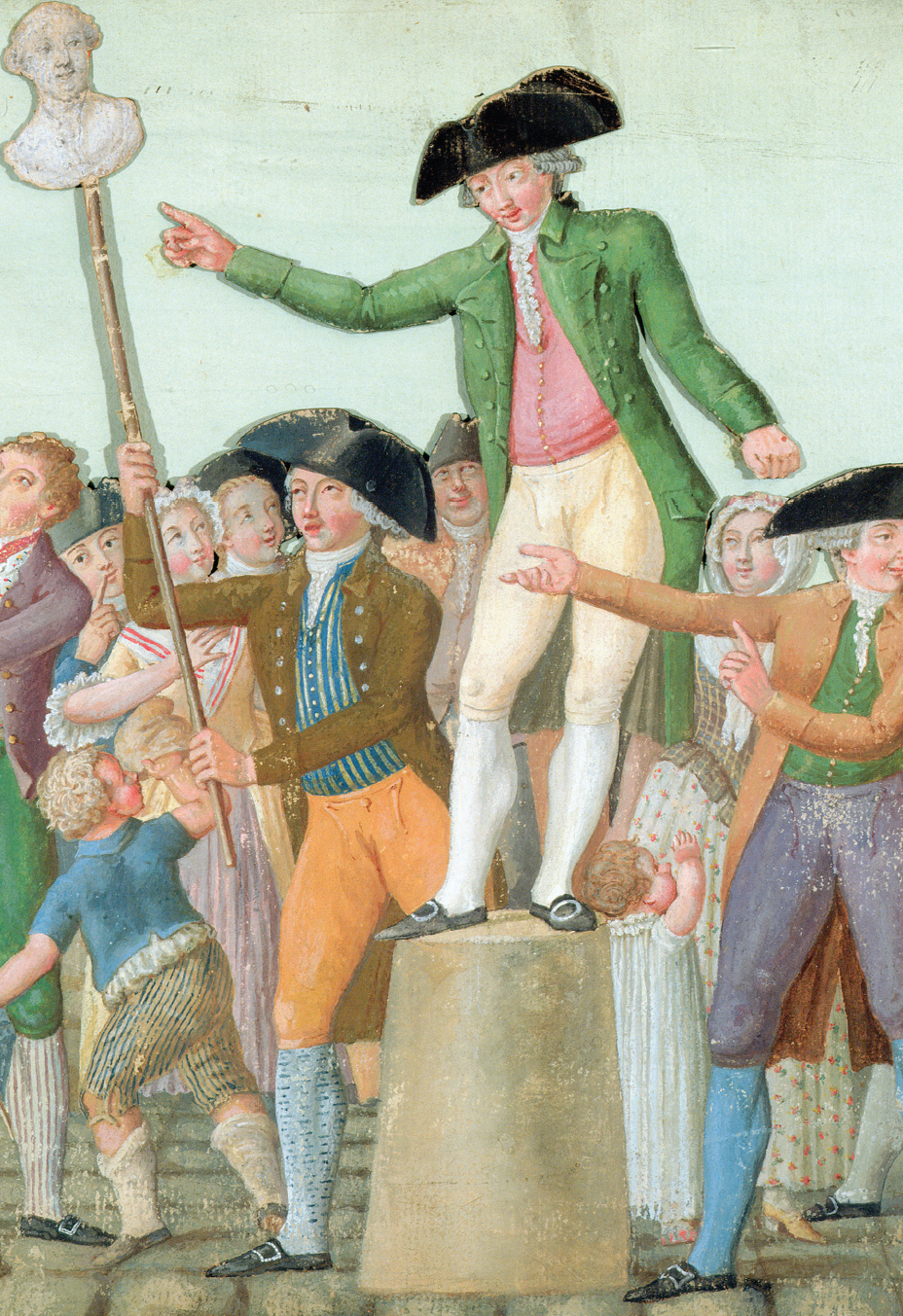Introduction for Chapter 19
19. Revolutions in Politics, 1775–1815
>What led to the great revolutions of the late eighteenth and early nineteenth centuries, and how did these revolutions change over time? Chapter 19 examines the great wave of revolution that rocked both sides of the Atlantic Ocean in the last decades of the eighteenth century. The revolutionary era began in North America in 1775. Then, in 1789, France became the leading revolutionary nation. It established first a constitutional monarchy, then a radical republic, and finally a new empire under Napoleon that would last until 1815. Inspired both by the ideals of the Revolution on the continent and by their own experiences and desires, the slaves of Saint-
LearningCurve
After reading the chapter, use LearningCurve to retain what you’ve read.

>What were the factors behind the revolutions of the late eighteenth century?
>Why and how did American colonists forge a new, independent nation?
>How did the events of 1789 result in a constitutional monarchy in France?
>Why and how did the French Revolution take a radical turn?
>Why did Napoleon Bonaparte assume control of France and much of Europe?
>How did slave revolt on colonial Saint-Domingue lead to the independent nation of Haiti?
| 1775– |
1793– |
| – American Revolution | – Robespierre’s Reign of Terror |
| 1786– |
1794 |
| – Height of French monarchy’s financial crisis | – Robespierre deposed and executed; France abolishes slavery in all territories |
| 1789 | 1794– |
| – Ratification of U.S. Constitution; storming of the Bastille; feudalism abolished in France | – Thermidorian reaction |
| 1789– |
1799– |
| – French Revolution | – Napoleonic era |
| 1790 | 1804 |
| – Burke publishes Reflections on the Revolution in France | – Haitian republic declares independence |
| 1791 | 1812 |
| – Slave insurrection in Saint- |
– Napoleon invades Russia |
| 1792 | 1814– |
| – Wollstonecraft publishes A Vindication of the Rights of Woman | – Napoleon defeated and exiled |
| 1793 | |
| – Execution of Louis XVI |